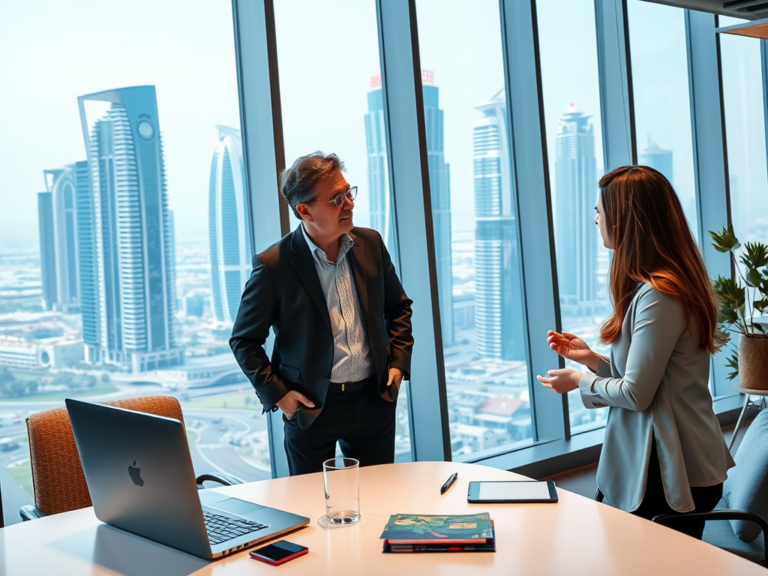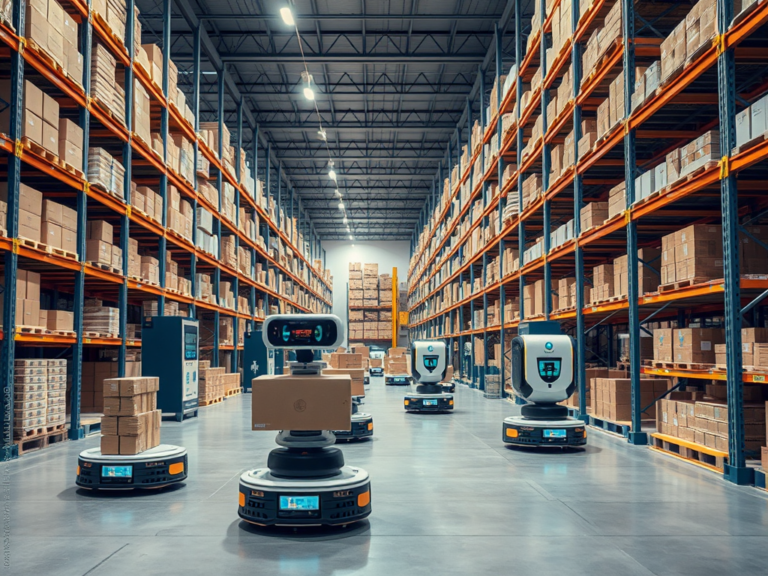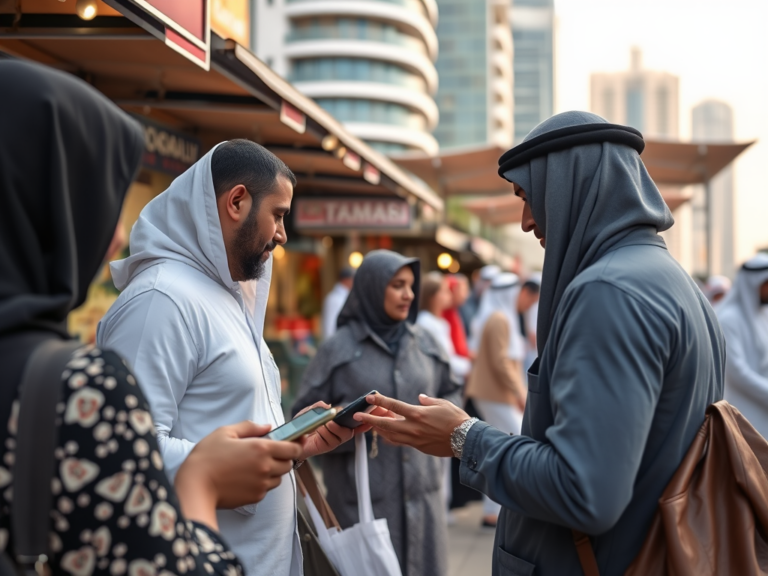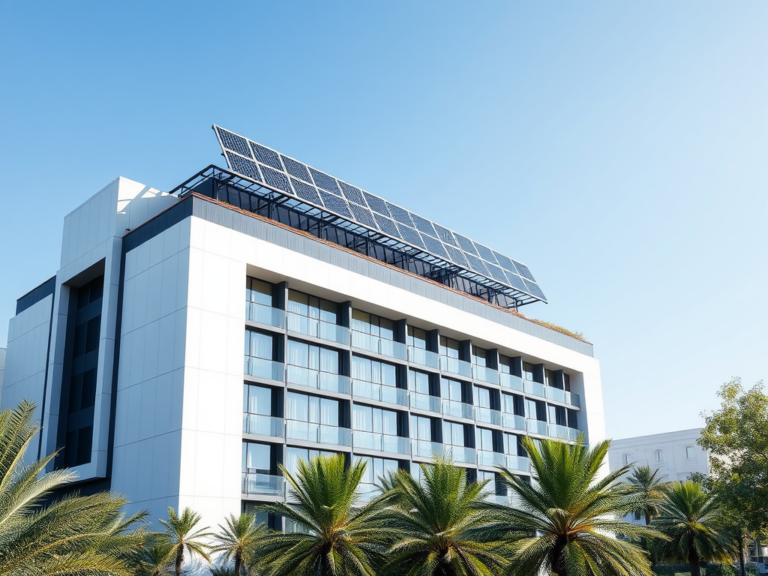Dubai’s smart building systems represent a burgeoning investment opportunity, combining innovative technology with sustainable design to enhance urban living and working experiences. The city, known for its futuristic skyline and investment-friendly policies, has prioritized the integration of smart technologies in its construction and development sectors. These advanced systems not only improve operational efficiency but also significantly reduce energy consumption and operational costs. As a result, investors are keen to explore various avenues within this sector, from residential properties to commercial real estate. In this article, we will delve into the key investment opportunities present in Dubai’s smart building systems, examining their benefits, the different types of smart technologies available, and emerging trends in the market.
Understanding Smart Building Systems
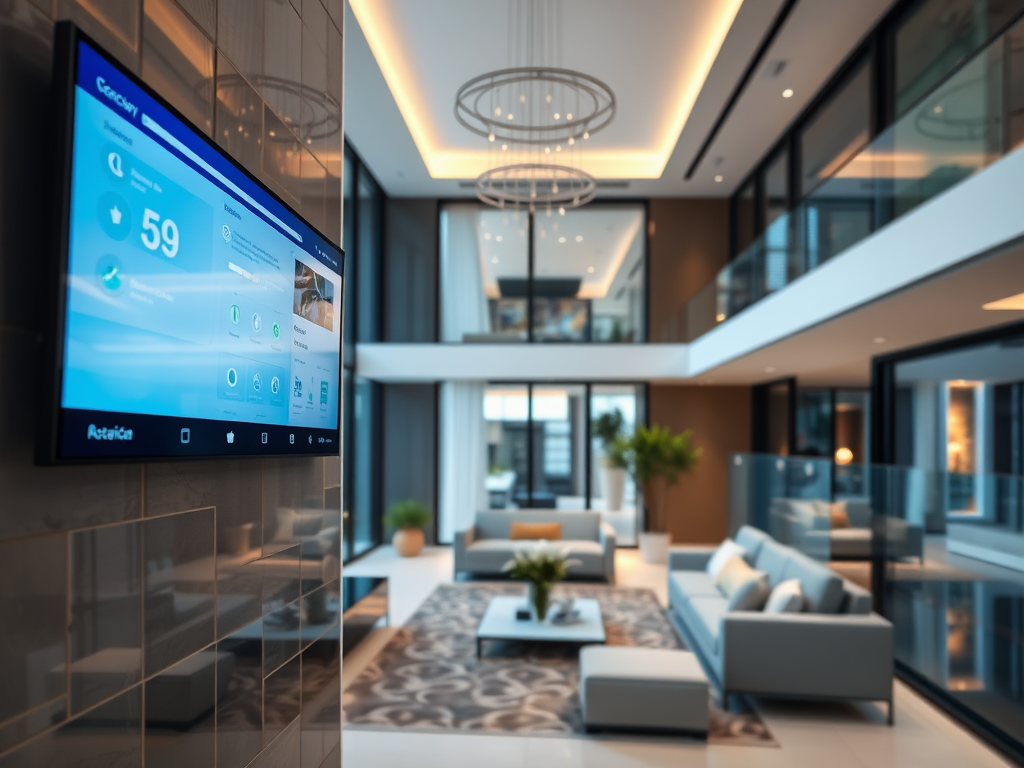
Smart building systems utilize advanced technologies to optimize the performance of buildings and enhance the comfort of their occupants. These systems integrate various applications—from energy management and security to lighting and HVAC systems—using the Internet of Things (IoT) as a backbone. Here are some elements that characterize smart buildings:
- Automation: Automated processes help in maintaining energy efficiency and minimizing resource waste.
- Data Analytics: Collecting and analyzing performance data to make informed decisions about maintenance and upgrades.
- Energy Efficiency: Implementing renewable energy sources and smart grids to reduce energy dependency.
- Security Systems: The integration of advanced security mechanisms to enhance safety and surveillance.
- User-Centric Design: Smart solutions tailored to meet the specific needs and preferences of users.
The Economic Incentives Driving Investment
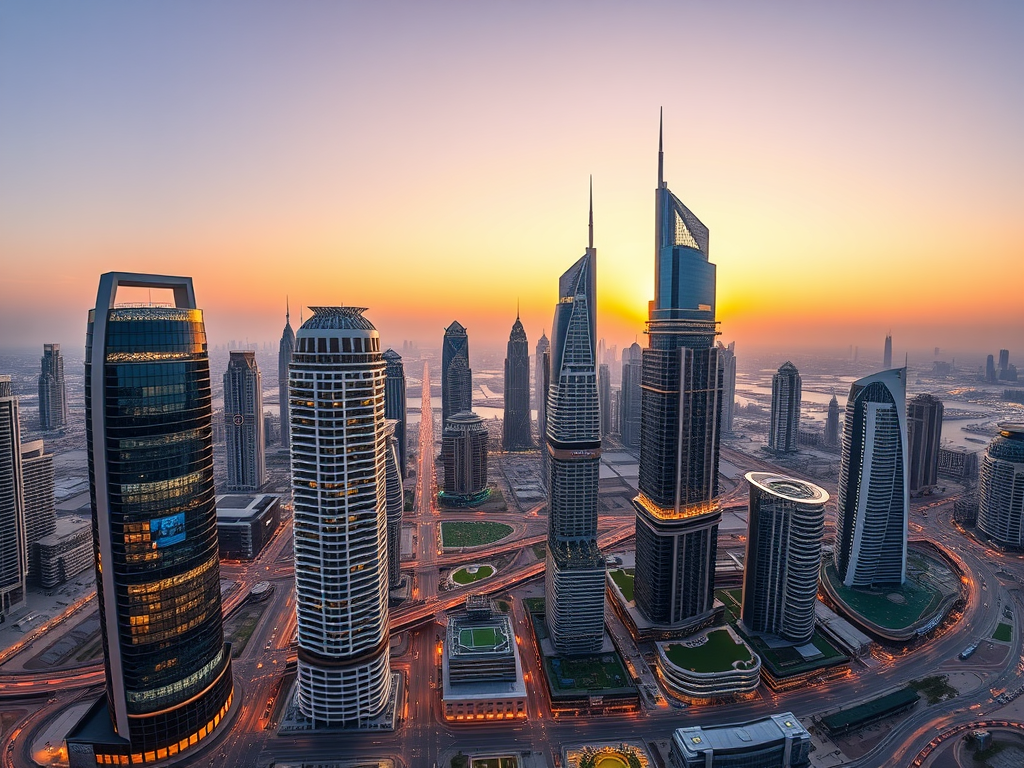
Dubai’s government offers various economic incentives that have made investing in smart building systems particularly attractive. The UAE’s Vision 2021 emphasizes sustainability and innovation, leading to supportive regulations and funding for green construction initiatives. Here are some key economic factors to consider:
- Tax Benefits: Exemptions or reductions in duty fees for sustainable building projects.
- Access to Financing: Government-backed loans and grants for green technology investments.
- Market Growth: Continuous urban development boosts demand for smart building technologies.
- Infrastructure Investments: Increasing investments in smart city infrastructure enhance property values.
Types of Smart Building Technologies
Investors looking at Dubai’s smart building market should consider a variety of available technologies that present lucrative opportunities. Key technology segments include:
- Smart Lighting: LED and IoT-enabled lighting systems that adjust based on occupancy and time of day.
- HVAC Control Systems: Intelligent climate control systems that optimize energy use and improve indoor air quality.
- Security and Surveillance Systems: Integration of AI-driven surveillance cameras and access control systems.
- Energymanagement Systems: Solutions that monitor and manage energy consumption in real-time.
- Building Automation Systems (BAS): Systems integrating multiple operations for efficiency and convenience.
The smart building sector in Dubai continues to evolve with new trends shaping the market. Investors should pay attention to the following trends:
- Integration with Renewable Energy: Heightened focus on combining smart technologies with solar and wind energy solutions.
- Enhanced Cybersecurity Measures: As buildings become smarter, the need for robust security against cyber threats increases.
- Sustainability Certifications: Projects seeking Green Building Certifications are becoming more prevalent.
- Increased Use of AI and Machine Learning: AI technologies are being applied to improve building management efficiency.
- Focus on Health and Wellbeing: Smart systems designed to enhance the health and comfort of occupants are gaining traction.
Conclusion
Dubai’s smart building systems present a unique and lucrative investment opportunity for those looking to capitalize on the city’s focus on sustainability, innovation, and urban development. With continuous advancements in technology and supportive governmental policies in place, the prospects for growth in this sector are promising. Investors should remain informed about emerging trends and technologies in order to make strategic decisions that align with market needs and consumer preferences. As the region continues to adapt to modern demands, investing in smart buildings not only aligns with global sustainability goals but also positions investors at the forefront of a rapidly evolving market.
Frequently Asked Questions
1. What are smart building systems?
Smart building systems use advanced technologies to optimize operational efficiency and enhance occupant comfort by integrating automation, data analytics, and energy management solutions.
2. Why should I invest in smart buildings in Dubai?
Investing in smart buildings in Dubai offers numerous benefits including attractive tax incentives, growing market demand, and alignment with sustainability goals in an urban environment.
3. What types of technologies are included in smart buildings?
Smart buildings can incorporate various technologies such as smart lighting, HVAC control systems, security systems, energy management systems, and building automation systems.
4. How does the Dubai government support smart building investments?
The Dubai government offers incentives such as tax benefits, access to financing, and supportive regulations to promote investments in smart building systems.
5. What are the emerging trends in Dubai’s smart building market?
Emerging trends include the integration of renewable energy, enhanced cybersecurity measures, sustainability certifications, AI technologies, and a focus on health and well-being in building design.

